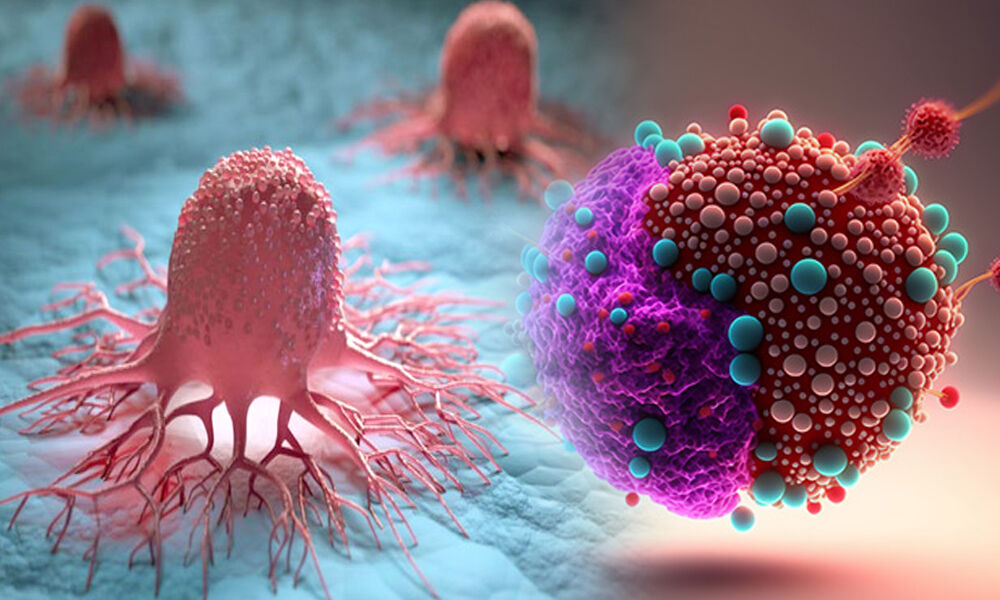Being diagnosed with cancer can be one of the most traumatic experiences of a person’s life. It is not only a physical battle but also a mental and emotional one. The psychological impact of a cancer diagnosis can be overwhelming, with various emotions such as fear, anxiety, depression, and stress. It is essential to understand the psychological impact of a cancer diagnosis to provide the right support and care to the patient.
Fear and Anxiety

Fear and anxiety are common emotions that cancer patients experience after a diagnosis. It is natural to feel scared of the unknown, the treatment process, and the outcome. Cancer patients often worry about their future, their loved ones, and the impact the diagnosis will have on their lives. They may also experience anxiety about the treatments, side effects, and the physical changes that cancer can bring.
Depression
Cancer diagnosis and treatment can lead to depression in many patients. It is a common side effect of cancer and can occur due to various reasons, such as loss of control, fear of death, changes in body image, and social isolation. The depression can further hinder the patient’s ability to cope with the illness, affecting their physical and mental well-being.
Stress
The diagnosis of cancer can create an immense amount of stress for patients and their families. The stress can stem from financial burdens, changes in lifestyle, fear of treatment, and uncertainty about the future. Cancer patients often have to cope with multiple stresses, including managing their illness, work, and family responsibilities, which can be overwhelming.
Coping Mechanisms
It is essential to have coping mechanisms in place to help patients and their families deal with the psychological impact of cancer. Coping mechanisms can include various strategies such as getting support from family and friends, joining support groups, engaging in activities that bring joy and happiness, seeking professional help, and practicing mindfulness techniques.
- Getting Support from Family and Friends: Patients can rely on their family and friends for emotional support during this challenging time.
- Joining Support Groups: Joining support groups can provide patients with a sense of community and the opportunity to share their experiences with others who understand what they are going through.
- Engaging in Activities: Engaging in activities that bring joy and happiness, such as hobbies, can help patients take their minds off cancer and reduce stress levels.
- Seeking Professional Help: Seeking the help of a mental health professional can provide patients with tools to manage stress, anxiety, and depression.
- Practicing Mindfulness Techniques: Mindfulness techniques such as meditation, deep breathing, and yoga can help patients manage their emotions and reduce stress levels.
A cancer diagnosis can have a profound psychological impact on patients and their families. Understanding the psychological impact of cancer is crucial to providing the right support and care to patients. Coping mechanisms such as getting support from family and friends, joining support groups, engaging in activities, seeking professional help, and practicing mindfulness techniques can help patients manage their emotions and reduce stress levels.

